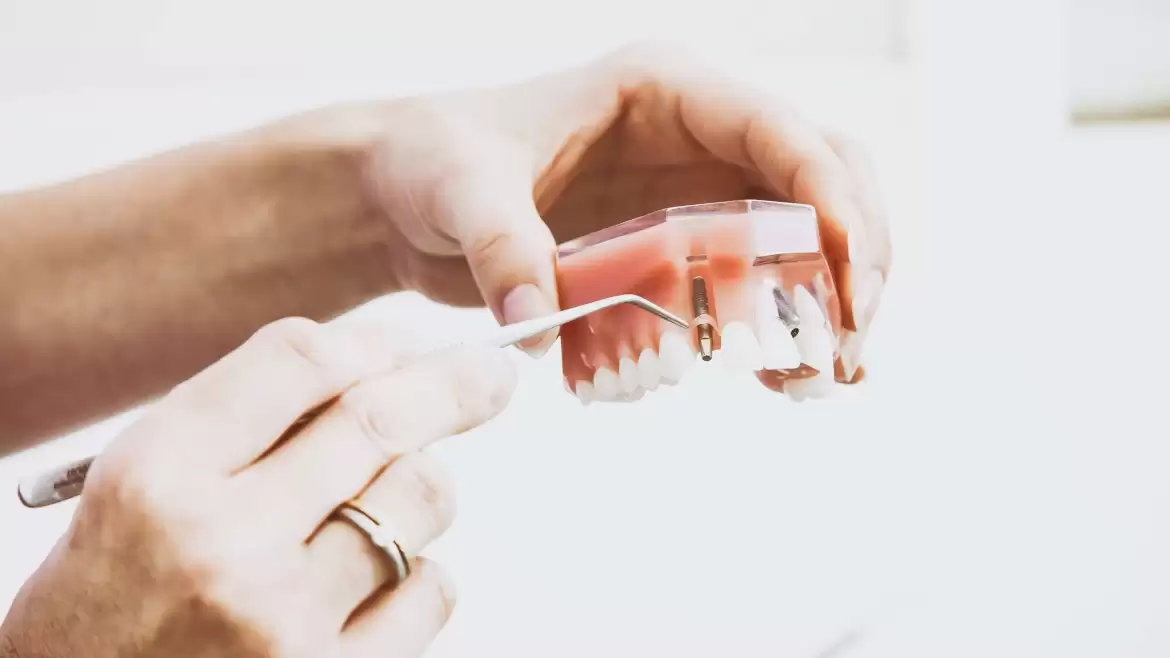Though the dental implants function like the natural teeth, they are not easily vulnerable to tooth decay like the natural tooth. However, this does not mean that the dental implants Melbourne, requires less maintenance. Instead it requires similar care like that of natural teeth. These dental implants should be kept plaque free twice a day by means of brushing and flossing. Also, it is essential to clean the mouth after every meal by gently brushing on all sides of the implant.
How to clean the Dental implants?
Now that you have spent a reasonable amount on the dental implants cost Melbourne, it is important that you understand everything about taking good care of your implants to increase its lifespan. This will help you avoid any possible damage to the implants.
- Make use of Soft-Bristled Toothbrush – Brushing the teeth with soft bristled toothbrush will help avoid potential damage to the gums. They are as effective as the hard and medium bristles in removing the plaque and tartar.
- Brush At Least Twice Everyday – Brushing your teeth in the morning after waking up from the sleep will help eliminate bad breath and remove the bacteria build up in the mouth during the night. Similarly, brushing the teeth in the evening before the bedtime helps to get rid of the bacteria build-up that happened during the day, minimising the risk for tooth decay and build-up of plaque all night. Most dentists, who offer affordable dental implants cost Melbourne, suggest brushing the teeth after every meal during the day to remove the accumulation of bacteria and debris.
- Make use of Water Flosser – A water flosser has the capability to remove the bacteria even from a depth of about 6 mm deep. Also most water flossers come with stimulators made from rubber-tip and other accessories, specially designed to cater to the sensitive gums and reach the hard-to-reach areas between teeth. Many dentists, who offer cheap dental implants Melbourne, recommend using the water flossers since the regular dental floss might possibly cause peri-implantitis.
- Practice Using Low-Abrasive Toothpaste – Avoid using toothpaste that is high in ingredients like stain-remover agents or baking soda. These elements might possibly erode the glace from the implants. So, get the toothpaste which is specifically made for dental implants. You can ask your dentist for toothpaste recommendations.
- Brush Around The Dental Implant Crown – As there are many chances for the Bacteria and plaque to accumulate in and around the dental implant crown, there is a high risk for peri-implantitis. Therefore to reach these areas, try suing an interdental brush or an angled-neck toothbrush with a slim head to reach the implants.



